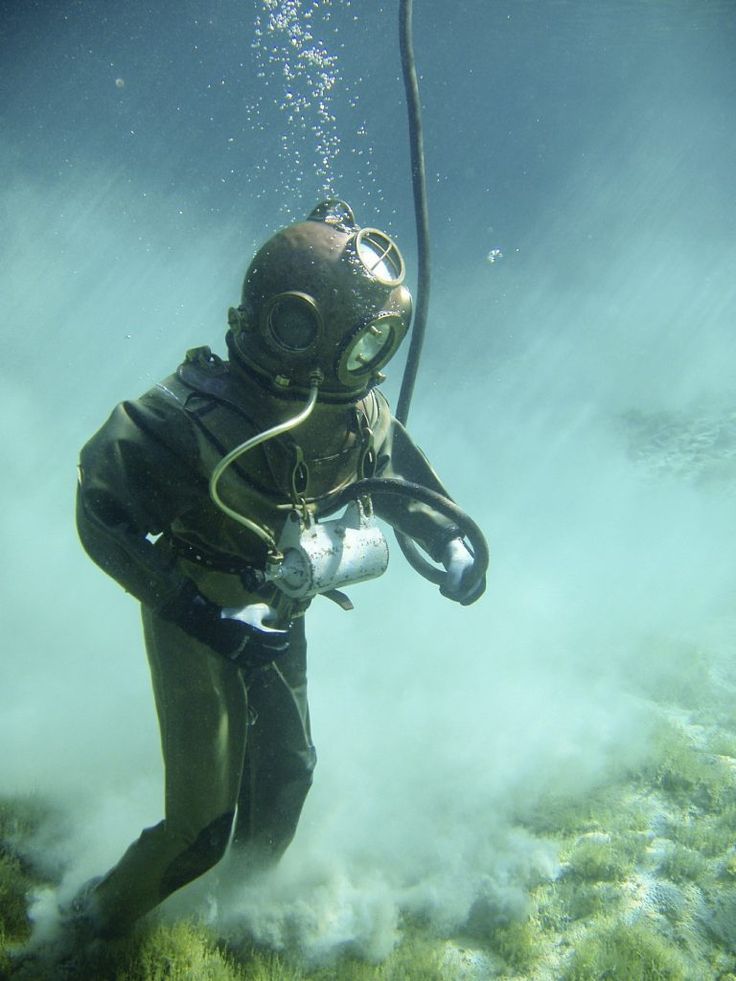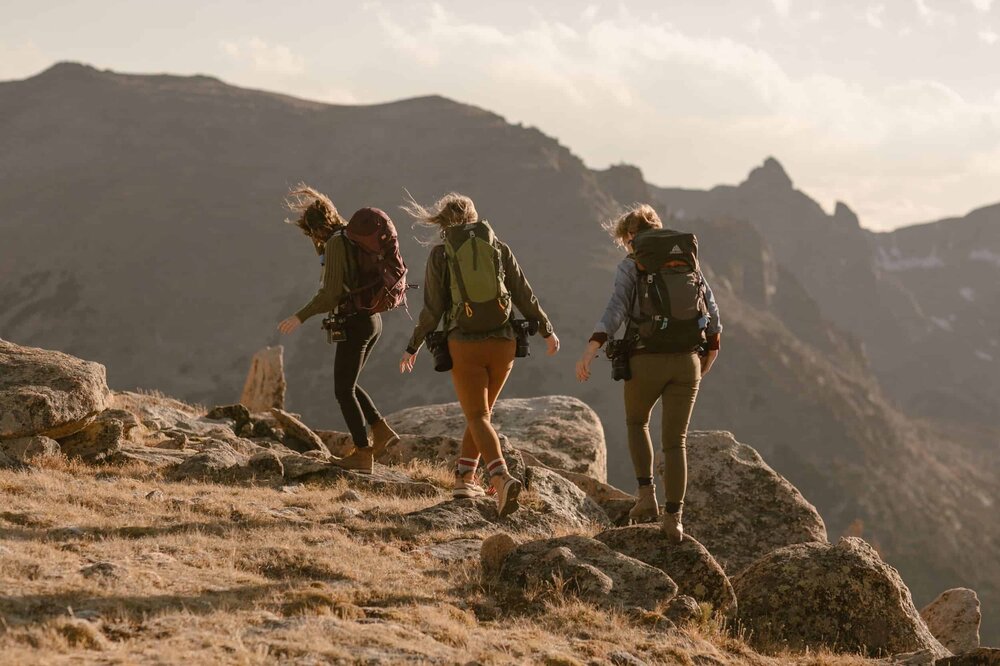
There are many choices available when you're searching for a compact camera. It doesn't matter if your goal is to become a professional photographer or a hobbyist, the camera must be capable of capturing high quality images and video. Keep in mind, however, that your camera cannot produce photos that look as great as images taken with a DSLR and mirrorless systems.
The best compact cameras will feature a large sensor, fast lenses, excellent autofocus, and a fast sensor. These compact cameras will have excellent image quality, a good zoom range, and great image quality. This is especially helpful for candid portraits. But, long zooms are also useful for travel photography. Most compacts shoot in 1080p. These high resolutions allow for great dynamic detail and will enhance your photos.
It is important to decide whether you want an optical or digital viewfinder, when you are searching for a compact. Some compacts offer both. Others only one. Sometimes it can be hard to remember which exposure settings you have set with digital interfaces. Advanced amateurs can benefit from a manual mode to give them more control over the shots.

The latest models include 4K video recording and an External Shutter Speed Dial. Canon Powershot G7X Mark III will allow professional-quality video shooting. It can record 4K videos at 30p and 24p with a 4.2x zoom. It also features Wi-Fi and an audio socket.
The Sony RX100 VII is one of today's most popular compacts. The Sony RX100 VII has a stacked 1-inch CMOS sensor that can shoot at up to 20 frames per second. This is a great way to capture faster shots when your subject changes quickly. It also includes an OLED pop-up viewfinder. The tiltable back screen makes it easy to use even at odd angles.
Another compact with a large sensor and super responsive touch screen is the Panasonic LX15. You can capture 4K video at 24x72mm. The aperture is adjustable. Although a touch screen is an advantage for some users, it can cause battery drains.
Leica Q2 may be a good choice if you are looking for a quality camera at an affordable price. The 28mm lens produces amazing images and has a full frame 47.3 MP. The camera has reliable autofocus and takes stunning black-and-white images.

Another compact that is popular is the Nikon D3500. This compact is a step above point-and-shoots and can focus quickly enough to track actions. It is also heavy and expensive. It is not recommended for everyone.
Fujifilm's XF10 camera is a little heavier and bigger than the other cameras in this list. However, it's a very compact camera that fits into most pockets. It has a fixed f/2.8 lens, and it has a hybrid optical and digital viewfinder.
FAQ
How do I get started with digital photography?
First, you need to decide what type of camera is best for you when you first start digital photography. There are many choices, including DSLRs (digital one-lens reflex cameras), point and shoot compact cameras, camcorders, smartphones, and camcorders. Each one has its advantages and disadvantages. DSLR cameras, however, are larger and heavier than most other types of cameras. Point-and shoot cameras are lighter and smaller than other types of cameras and can often be set up automatically for certain situations. Camcorders can record excellent video and have some still photography modes. Smartphones are light and portable and can be carried around easily.
Once you have made your decision on the camera type you wish to purchase, it is time to decide if you want to buy a used one or a brand new one. If the camera was purchased in the past few years, it is possible to find used cameras at reasonable prices. Newer models usually cost more as manufacturers invest large amounts of money to develop new technology.
Next, you need to purchase lenses. Lenses are a critical part of determining the quality your photos. They let you adjust the focal length to zoom in and out of the scene, without losing focus. Some lenses include built-in flash units. Others require external flash. Many brands offer many lenses with unique characteristics.
You will also need memory cards. Memory cards store photos taken by your camera. It can hold hundreds to thousands of photos, depending on how big your card is. If you plan to shoot lots of pictures, you will need multiple memory cards.
Should I get into photography as an interest?
Photography is a great way of capturing memories and sharing them with loved ones. Photography also lets you learn more about the world around.
If you are interested in learning how to take better pictures, there are plenty of resources available online to help you do just that.
Consider taking classes at your local community college or art school. You can meet other photographers and get valuable feedback about your work.
Light Room can be used to enhance your photographs.
Start early to get the best photos possible for your project. It's always a good idea to take as many pictures as possible and then decide which ones will be the most valuable.
This is possible because Lightroom lets you see how different settings affect each image. You can also adjust these settings on-the-fly without going back into Photoshop. This allows you to quickly experiment with what looks good and what doesn’t.
What Lenses Should I Use
Most beginners will ask this question: "Which lens should I buy?" It's a tough decision since there are so many options available.
The good news is you don't always need to buy a different lens with every purchase of a camera. You can simply add lenses later.
For starters, here are three types of lenses you might want to consider.
-
Wide Angle Lens: 14mm - 24mm: These lenses provide a wide angle of vision, which allows you to capture more details of your subject. You can zoom in to improve image quality.
-
Standard/Normal Zoom Lens (28mm – 70mm): These lenses allow for you to adjust focal lengths and maintain image quality.
-
Telephoto Zoom Lens (70mm–200mm) : These lenses are ideal for photographing distant subjects. These lenses allow you stay focused on your subject even when they appear small.
Combining lenses can create different effects. You can use a normal lens for close-up detail and switch to a zoom lens to capture distant objects.
How do I become an excellent photographer?
Photography is an art. It requires dedication, patience, dedication, and, above all, passion. If you love photography, you'll be doing better than if only you were going after the money.
You should learn how your camera works. You must understand composition, lighting, exposure, depth of field, etc. A good understanding of Photoshop is also necessary.
It is hard to master photography, but it is worth the effort.
If you want to improve your skills, then read books on the subject, attend classes and take part in competitions. This way, you will gain experience and confidence, leading to improvement. What equipment will I need?
It really all depends on what type of photography you enjoy. If you are interested landscape photography, you will need to have a wide-angle zoom lens.
You should invest in a Telephoto Lens if you love portrait photography.
A tripod is essential when taking photographs. It allows you stand up and compose your photo without moving.
A camera bag is useful for carrying your camera, memory cards, and other accessories.
If you have a compact digital camera, a flash unit will be necessary.
An DSLR (Digital Single Lens Reflex) is the best camera for beginners wanting to take professional quality photographs.
DSLRs are popular because they allow you to control every photo aspect, including shutter speed, aperture, ISO sensitivity, white balance, focus, and more. They also provide a range of features such as autofocus, auto-exposure lock, self-timer, bracketing, and RAW format.
How can I make my photos look beautiful?
Photographing yourself is the best way to make sure you look professional in your photos. Learn how to pose and what angles look best. You'll also learn lighting techniques and how to use props to enhance natural beauty.
You'll discover how to choose clothes that fit well, make-up that looks great on you, and hairstyles that suit your face shape and style.
We will also help you retouch your images using Photoshop or another editing software, if you are not satisfied with the results.
So, go ahead - take some self-portraits!
Statistics
- That's the easiest way to get blurry photos 100% of the time. (photographylife.com)
- There are people out there who will pick at flaws they can only see in 100% crops of your photos. (wikihow.com)
- In this case, 100% of readers who voted found the article helpful, earning it our reader-approved status. (wikihow.com)
- Get 40% off Adobe Creative Cloud(opens in new tab) (creativebloq.com)
External Links
How To
How to Take Pictures of Yourself
Portraits are important because it shows who you really are. They tell your story. Although you may have an old favorite photo of you, now you want to create something new. It is easy to forget how much fun it can be to take pictures. Here are some tips for getting started.
-
Make sure that you have enough light. It is best to take portraits in the morning, or late afternoon. Flashes should not be used in direct sunlight. This will wash out any details. Also, don't shoot at noon. It will create too many shadows.
-
Use a tripod. A tripod will prevent you from seeing any movement when you hold the camera still. This means that you will miss the opportunity to freeze motion. Set up your shot before you use a flash. Turn off the flash, then try again.
-
Make close-ups. Closeups are great to demonstrate detail. However, they can look fake if you don't have good eyes. Take a close look at the eyes, mouths, noses and ears of others. Notice anything unusual? Is it possible that someone is wearing glasses? Are there freckles on the nose of someone wearing glasses? These features add depth and dimension to an individual's appearance.
-
You shouldn't force smiles. Smiles can be difficult. People smile when they feel happy. But some people don't. If you try to force them, it just looks unnatural. You should think about what makes your laugh. Perhaps it's silly things like watching a cat jump through a hoops. Perhaps you simply love watching paint dry. Whatever it may be, don't stop thinking about it until your heart starts to laugh.
-
Find your creative side. Many people think they are boring. Not being boring isn’t bad. Look for ways to break from the norm. For example, you could ask someone to pose with his hands behind his back. Or you might suggest having him wear a funny hat.
-
Keep practicing. If you practice every day, eventually, you'll become better at capturing moments. You will start to notice more interesting details around you as your skills improve.
-
Have fun! Photographing should be fun. Enjoying the process will make you more likely to go back. You'll likely end up with some truly amazing shots.
-
Please share your work. When you are confident in taking good photos, please share them with your family. Tell them why you took the picture. Show them the place you were. Tell them what you did.
-
Be patient. Sometimes things just don't click. It happens for everyone. Don't worry. Don't worry. Just move onto another image.